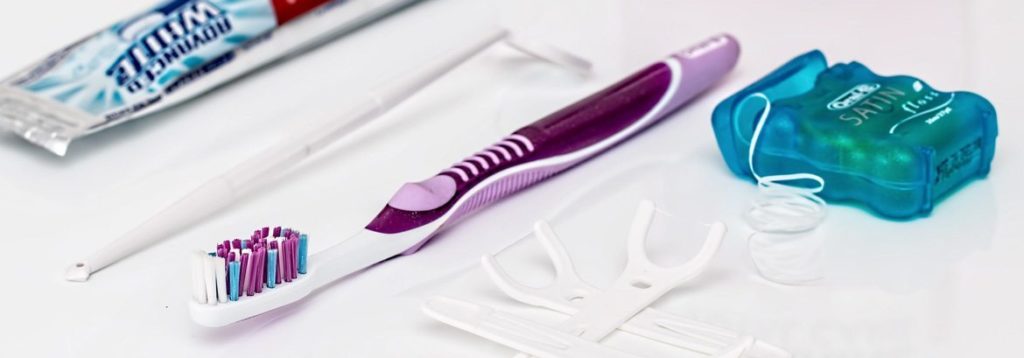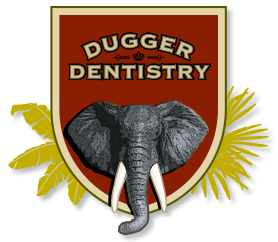How To Treat Your Toothbrush Right

We all know that frequent tooth brushing is one of the best ways to keep you mouth healthy and happy. Given that we spend hours a month brushing our teeth, taking care of your toothbrush is key to keeping up good dental health and helping your smile stay bright. At Dugger Dentistry, your West Linn dentist of choice, we have some suggestions to help keep your toothbrush and your mouth in great shape. The following toothbrush advice comes from both the American Dental Association and their Council on Scientific Affairs.
Never Share A Brush
This may seem like common sense, but never share a toothbrush with anyone else. When you share your brush you can exchange bodily fluids and microorganisms between individuals. This means that anyone who uses that toothbrush is then at a greater risk of disease and infections. If someone close to you, or that lives with you, suffers from an unhealthy immune system then you should especially careful.
Always Rinse
After you are done using your toothbrush you should always rinse the brush and its head under running tap water to get rid of any particles of toothpaste or food. You should then store your brush upright. which will allow it to air dry. This drying helps to prevent any microbial buildup and makes sure your brush is ready for the next use. If there are many toothbrushes in a bathroom, be sure to keep the brushes separate. This will help avoid cross-contamination among your family’s toothbrushes.
Never Keep Toothbrushes In Closed or Sealed Places
You should never keep a toothbrush in closed or sealed environment, or anywhere that is extremely humid or damp. When putting a toothbrush in a travel case for example, make sure that you remove it as soon as possible and let it dry out, so as not spur any microorganism growth.
Change Your Brush Every Three Months
As we use them every day, toothbrushes do wear out, so the best rule of thumb is to replace your brushes every three months, or when you can see the bristles of the brush getting frayed or worn. When their bristles wear out, this means that the brush is not being very helpful in clearing away the bacteria and harmful plaque that builds up in your mouth. If you have children, it is advisable to check their brushes even more frequently, as they could need to be much replaced sooner than yours.
Other Things To Remember
Never clean your toothbrush in any other way than by running it under tap water and with your own fingers. You should never put a toothbrush in microwave, a dishwasher or under ultraviolet lights, as these can all damage the brush and make is not a as effective. There is also no evidence that soaking brushes in antibacterial mouthrinse or using a toothbrush sanitizer has a positive effect on oral health, so these should be avoided as well, as they may damage your brush’s effectiveness.
Please let us know if you have any other questions about toothbrushes and their care and Dr. Dugger or his helpful staff will be happy to answer them.
